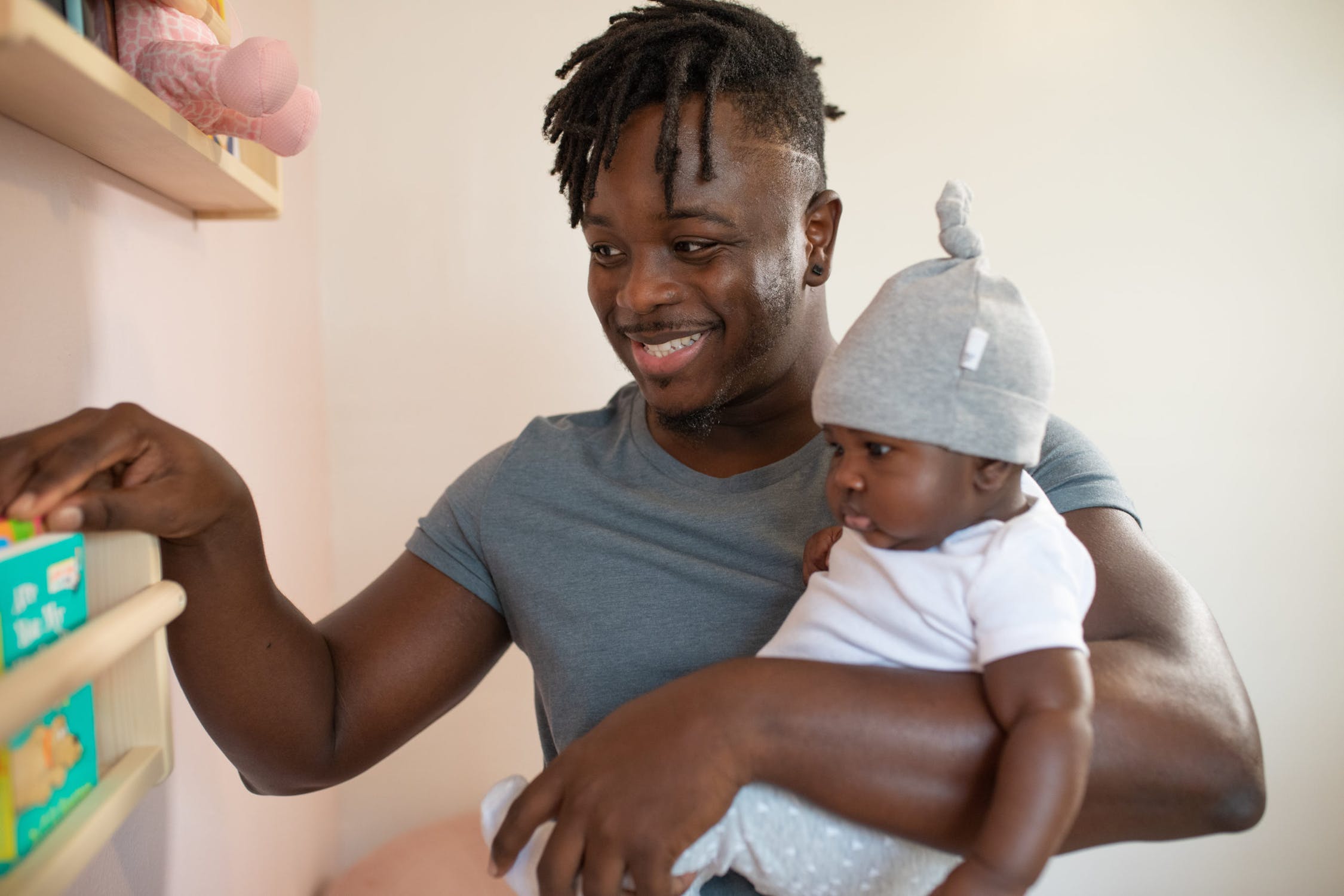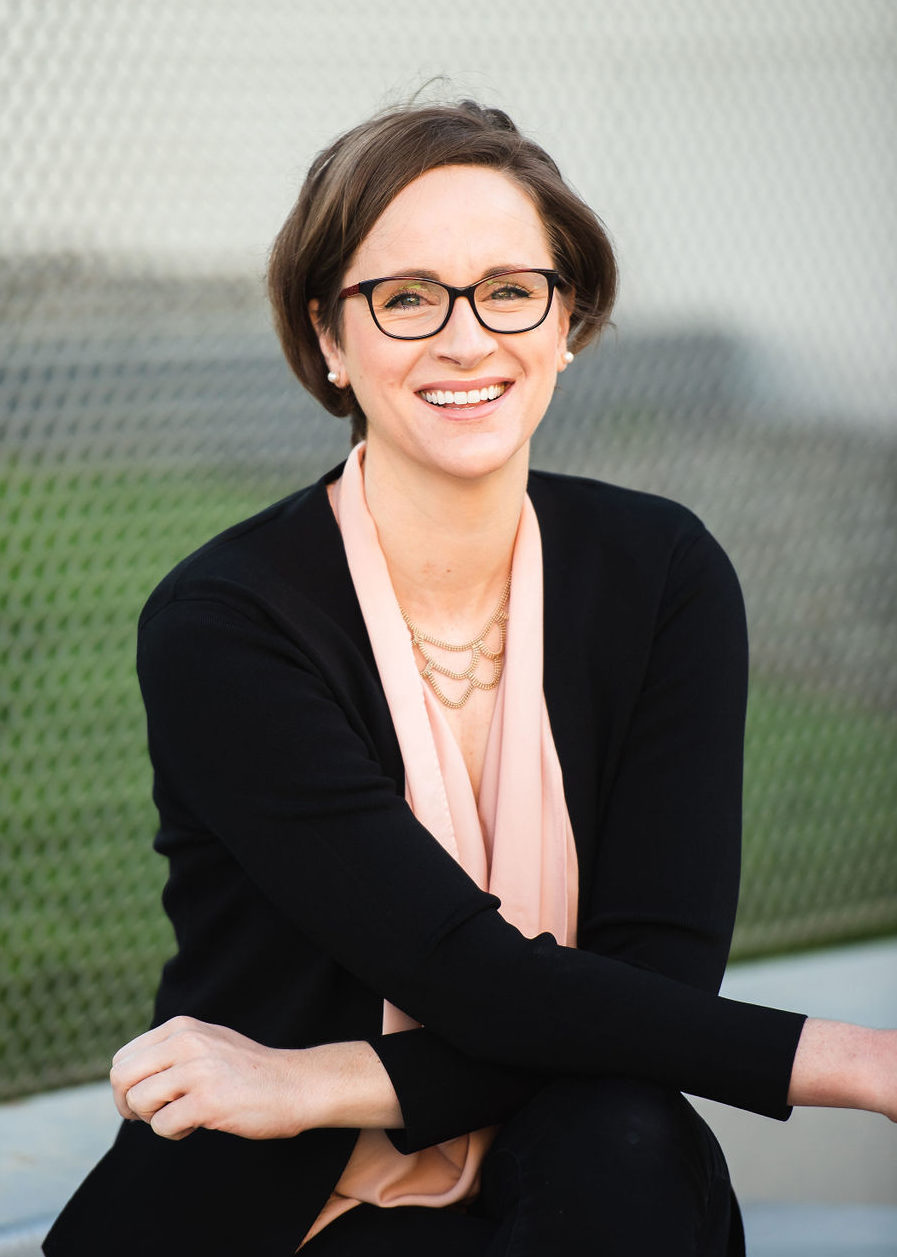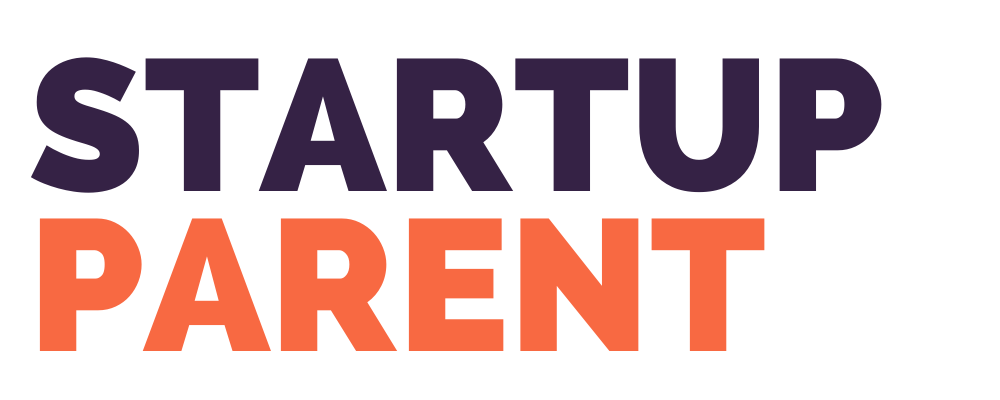This Mom Matched 3500 Parents to Give Them Childcare in the Pandemic
One of the biggest wreckages of the pandemic has been the decimation of childcare infrastructure and the resulting huge blows to mothers’ careers. If you’ve suffered any childcare setbacks in the last two years of the pandemic, you’re not alone. Upwards of 3 million moms have had job losses, career set-backs, and become primary at-home parents unexpectedly.
Before the pandemic, childcare infrastructure was lacking, to put it mildly. Across the country, in the before-times, parents were signing up for years-long waitlists to get partial coverage, and scrambling to cover on sick days, school closures, and weeks-long holidays. The pandemic created a child care crisis that hit mothers smack in the middle of their careers.
It wasn’t until I became a parent that I learned that 50% of Americans live in Childcare Deserts, defined as living areas in the United States that have no licensed childcare options.
It wasn’t until I became a parent that I learned that 50% of Americans live in Childcare Deserts, defined as living areas in the United States that have no licensed childcare options.
This infrastructure disaster is nothing new; in 2012 Anne Marie Slaughter famously wrote that one of the most basic things we can do to support women’s careers is to align school schedules with work schedules. (It was her assistant, who texted her in all caps, when Slaughter was working on the viral piece Why Women Still Can’t Have It All ).
But the pandemic came in like a hurricane on top of this shoddy infrastructure, and decimated the lives of parents everywhere. It threw millions of scotch-taped childcare plans (and back-up plans) out the window. I didn’t expect to be one of millions scrambling to find childcare in the pandemic and keep a career afloat… for years.

Millions of mothers have become the default stay-at-home parents in the pandemic—losing jobs, career opportunities, and income as a result.
For millions of mothers in America and around the world, we’ve been thrust into doing an enormous of childcare in the pandemic. Caretaking is not a partisan issue: the majority of Americans across party lines support publicly funded care options, including child care, paid leave, sick leave, and elder care. But party representatives continue to fail to move legislation forward, failing Americans year over year. In the meantime, parents are left to scramble—and while it sometimes includes dads, historically and presently women typically handle the majority of family care across all ages.
One of the things left unsaid about the childcare problem are the repercussions that follow, and are harmful across society. When mothers and women are pushed out of work, our overall labor force (available workers) declines. Women have a harder time returning to workplaces, making the losses last longer. Children are plunged into poverty. Education and support for children diminishes. Our overall GDP will decline. With fewer workers in the workplace, worker shortages stack up. We lose tax revenue—that pays it forward for entitlements and social programs. It becomes a vicious cycle.
There is a serious opportunity cost as a result of an entire generation of parents being pushed out of the workforce — and struggling to re-enter it — because they don’t have childcare.
Yet we can’t solve these civic problems with market solutions. Even in a democracy, there are a few key issues that are best solved by our collective, and childcare is one of them. Even though market solutions are never going to be a complete fix for federal and state governments funding high-quality paid leave and child care, I’m still keeping an ear out for people who come up with solutions to the childcare problem. Rather than wait another 30 years for Congress to continue to do nothing, mothers are demanding change.

Last week, a parent reached out to me to tell me about a new pandemic childcare solution that’s gaining steam in Chicago, New York, and Los Angeles.
Helen Mayer, a mother of young twins, was in the midst of building her first company when the pandemic hit. The pandemic shut down Helen’s company and took away her childcare, leaving her the stay-at-home parent by default. She started applying for jobs, and was lucky enough to be offered her dream job, but she had to turn it down because she didn’t have access to quality, affordable childcare. For so many parents, staying at home to provide full-time care was not what we’d planned on.
In this tension, Helen saw an opportunity and Otter, a childcare matching company, was born. In August of 2020, Helen came across a group of parents in New York who were trying to create childcare swaps during remote schooling. Helen wasn’t the only parent struggling with the lack of safe and reliable care, so she leaned on her skills in organizing and connecting people together and started organizing childcare swaps between parents.
Helen Mayer started organizing parents together to create childcare swaps by matching parents who needed care with local stay-at-home parents able to provide extra care.
Helen recognized that she was good at matching people’s skills with other people’s needs in compatible ways. Her initial intention was to help families around her who needed the same coverage that she needed. But within a few weeks she managed to match 50 families together.
During the initial childcare swaps, she created a system based on an exchange of hours of care, a token-based market. But Helen noticed that the swaps between a stay-at-home parent providing care coverage with a parent that had economic employment out of the home were the most successful. Over time, she landed on a model where parents who work outside of the home were paired with stay-at-home parents.
It quickly became really obvious that the stay-at-home parents were accumulating hours of care that they couldn’t cash in on — so Helen asked whether or not the working parents were open to paying for the support. All the working parents said yes, but most of the stay-at-home parents said no. Why? Because so often parents undervalue their experience, labor, and expertise when it comes to care work. It happens in part because our market systemically undervalues care work, and many of us operate under the assumption that care work should be free.

What started as one parent trying to sort out local childcare so she could go back to work turned into a functioning model for local childcare solution.
For Helen, a lot of this work has been about advocacy. Helen started Otter because she believes we can build childcare infrastructure that works for parents and caregivers, so we can set up the next generation for success. To value caretaking, we must pay for it—and be able to see it as valuable. Millions of women (and many men) are doing life-changing work — for their own kids, and for other’s kids — but they struggle to see it as valuable, or believe that they deserve to be compensated for their work.
Women often equate the number on their tax return to the value they bring to the household, and that is just not accurate. According to a 2021 report from Salary.com, stay at home moms should earn around $184,000 per year for their 106 work hours per week in the household. (Of course, if you look at it like an economist, and isolate out only the “additional value” of their work, you might get a number closer to $36,000.) If you had to hire out all the work that a mom did in the home, however, the number is closer to six-figures, or higher.
For Helen, seeing the discrepancy between how stay-at-home-moms valued their caretaking skills, and how much parents would spend on childcare showed her just how much we devalue the work of women in the home. This process highlighted how undervalued stay-at-home parents feel, and how much we take free care work for granted as part of the backbone of what’s valued within our economic systems.
Since its inception, Otter has put $20 million into the hands of stay-at-home parents in America.
What started as one parent trying to sort out local childcare so she could go back to work turned into a functioning model for local childcare solution. Helen Mayer wanted to be able to use her skills to solve a problem—but she wasn’t planning to start company or raise $23 million in funding to tackle a broken childcare market. The project started as a mutual exchange and then turned into a revenue-generating service, creating an income stream for 3,500+ families who might not have one otherwise. Since its inception, Otter has put $20 million into the hands of stay-at-home parents in America.
Childcare is so fundamentally broken and under-funded in America. We need solutions like Otter—and we will continue to need more innovation and support when it comes to providing reliable, affordable, long-term care solutions.
To learn more about Helen’s story, the logistics of bringing Otter to life, how Helen matched families + fostered trust among strangers, how the company operates today, and, how you can bring Otter to your community (and create your village!) — check out our full conversation on Instagram.
ABOUT THE STARTUP PARENT PODCAST
If you're growing a business, leading a team, or figuring out entrepreneurship and you have kids, this podcast is for you. We go in-depth with founders and entrepreneurial parents about what it really takes to have babies, grow businesses, and get a little bit of sleep. Sign up for the newsletter to get new episodes in your inbox. And leave us a review on iTunes.
Listen to The Startup Parent Podcast on Apple ★ Spotify ★ Overcast ★ Stitcher ★ Castbox or wherever you listen to podcasts. Find another podcast player or the RSS feed here.

Sarah K Peck
Founder, Startup Parent
Sarah Peck is a writer, startup advisor, and yoga teacher based in New York City. She’s the founder and executive director of Startup Parent, a media company documenting the stories of women’s leadership across work and family. She hosts the weekly Startup Parent Podcast and Let's Talk, her second podcast. Previously, she worked at Y Combinator backed One Month, Inc, a company that teaches people to code in 30 days, and before that she was a writing and communications consultant.
She’s a 20-time All-American swimmer who successfully swam the Escape from Alcatraz nine separate times, once wearing only a swim cap and goggles to raise $33k for charity: water. She’s written for more than 75 different web publications and and has delivered speeches and workshops at Penn, UVA, Berkeley, Harvard, Craft & Commerce, WDS, and more.
